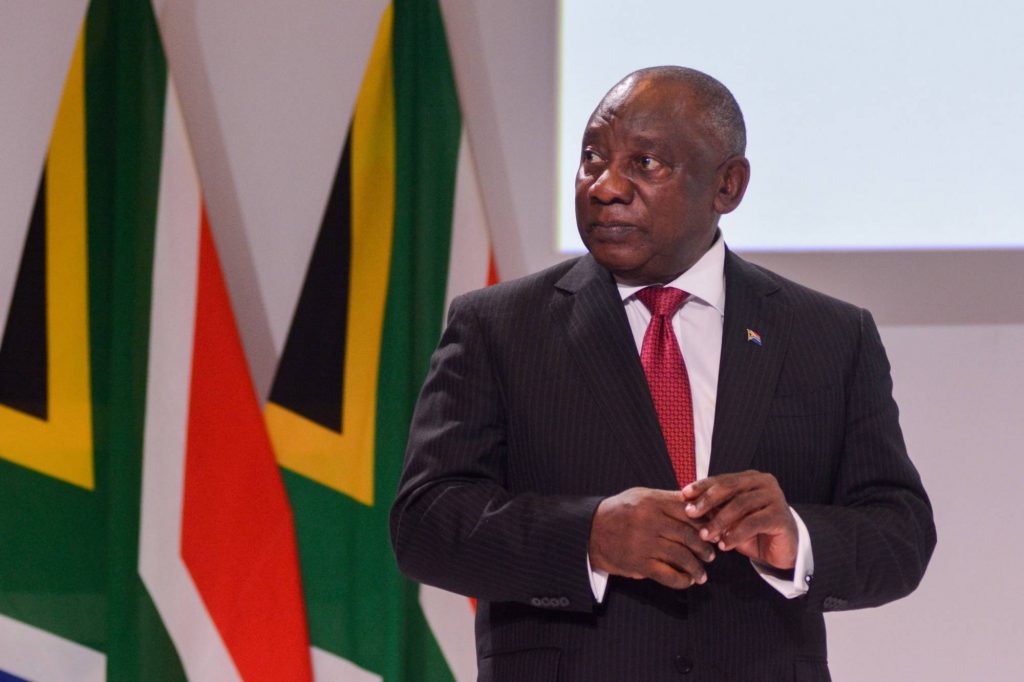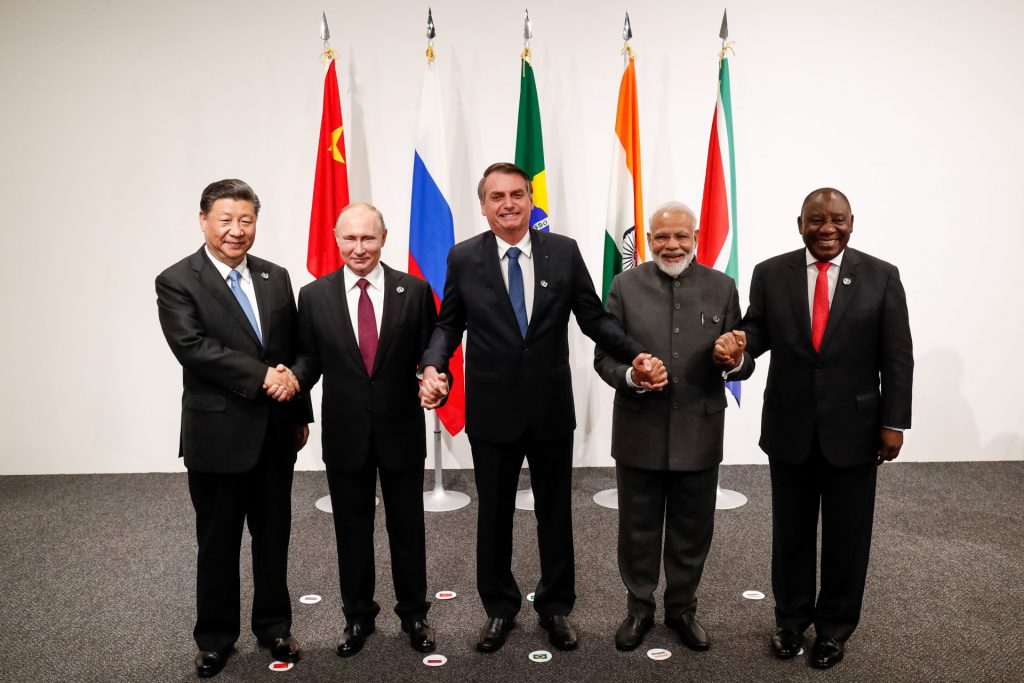The BRICS expansion was successful, as the alliance inducted six new countries into the bloc during the 15th summit in Johannesburg last week. The six new countries to join BRICS are Saudi Arabia, the UAE, Argentina, Egypt, Iran, and Ethiopia. 11 countries will be a part of the alliance in 2024 and attend the next summit in Russia. However, South African President Cyril Ramaphosa made a huge announcement about a possible second round of BRICS expansion.
Also Read: BRICS: Total GDP of All 11 Member Countries
On the last day of the summit, Ramaphosa indicated that a second round of BRICS expansion could be on the cards. He hinted that many more countries could join the bloc, making the alliance stronger and more united.


Ramaphosa confirmed that the second round of BRICS expansion could occur but did not give a tentative timeline. “We have consensus on the first phase of this expansion process, and other phases will follow,” he told Bloomberg.
Also Read: BRICS Expansion Could Dethrone Europe, Warns France’s Macron
The countries that will be inducted in the second round remain unknown. A total of 23 countries have formally submitted their applications to join the BRICS. Another 22 countries have informally expressed their interest in being a part of the group. It is most likely that the New Development Bank will review the applications and come to a conclusion on the second phase of the BRICS expansion.
South Africa: BRICS GDP Will Grow Further After Second Round of Expansion


The total BRICS GDP of the 11 member countries will reach $30.75 trillion in 2023. The U.S. GDP currently stands at $25.5 trillion. Therefore, BRICS is ahead by $5.25 trillion compared to the U.S. GDP. If more countries join the bloc, the alliance will become financially stronger and capable of challenging the U.S. dollar.
Also Read: BRICS: US Hits Back at Russia, Looks to End Dependency on Uranium Hold
If many more countries ditch the U.S. dollar for trade, the greenback will find it hard to maintain its supremacy. Read here to know how many sectors in the U.S. will be impacted if BRICS trade in local currencies.





